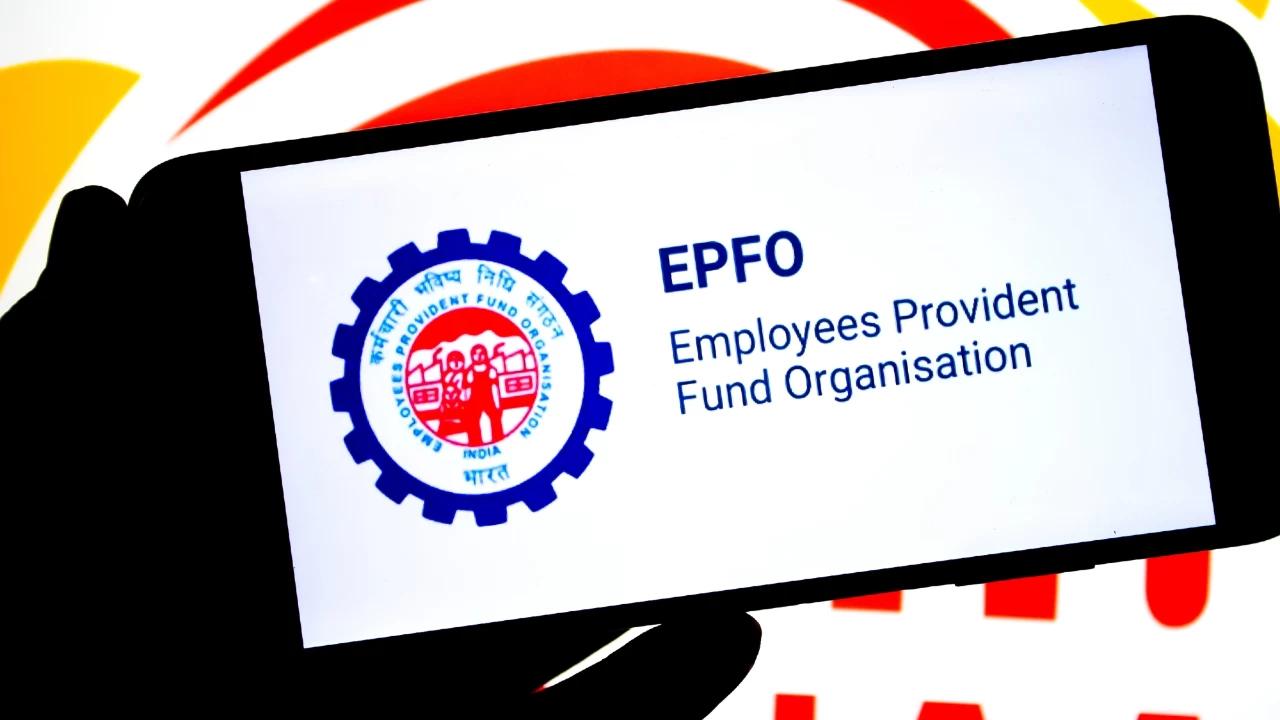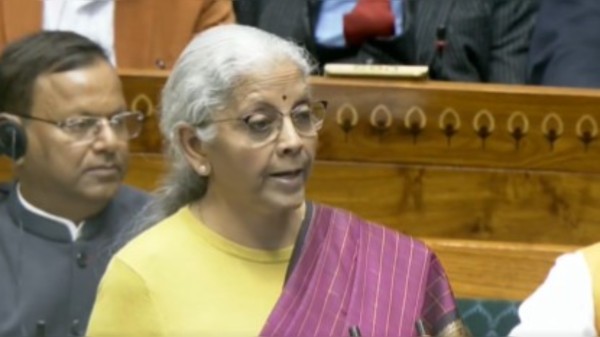

By signing in or creating an account, you agree with Associated Broadcasting Company's Terms & Conditions and Privacy Policy.


By signing in or creating an account, you agree with Associated Broadcasting Company's Terms & Conditions and Privacy Policy.

Kolkata: Our elders and investment experts often ask us to steadily invest a part of our monthly income as soon as we start working. While that's often ignored by young individuals, there is one automatic route to savings/investments when one starts working. This is true when one finds employment in the formal sector, ie, when a company is registered with the Employees' Provident Fund Act.
This act enjoins on an employer to deduct 12% of the basic + DA (dearness allowance) from the salary of an employee and deposit the money into the EPF account of the employee. A matching amount is also given by the employer but only 3.67% is deposited in the EPF account while 8.33% is put in a corpus from where the employee is paid a monthly salary from the month of retirement, 58 years or 60 as is applicable.
A frequent question on the lips of any employee is how much money will accumulate in the EPF account at the time of retirement. In simple terms, how much money will be handed over to the retiree. One must note that there is no income tax on the income tax accumulation (except in those situation when the contribution to an employee's provident fund is more than Rs 2.5 lakh per year).
There are online free EPF calculators which allows one to do this calculation. Let's assume an individual begins working at the age of 25 years. He/she gets an initial salary of Rs 20,000 per month. Let's also assume that the average wage hike would amount to Rs 5% for the entire duration of the service period. Let's also make another assumption -- the rate of interest paid by EPFO is 8.25%. This rate has been paid in the successive years FY24 and FY25.
With this assumption, the EPF calculator will show that you can run up an amount of Rs 1,35,68,643, or Rs 1.35 crore in the EPF account alone. This amount will be paid to the person when he/she retires at 58 years. If the age of retirement is 60, the amount will be higher. Moreover, irrespective of whether he/she retires at 60, the retiree will be entitled to a monthly pension that is determined by a separate formula.
Another point to note that there are rules of the EPFO -- the body that administers and managers EPF -- that allow an individual to take out some money for important financial requirements such as marriage of self or close members of the family, or urgent medical treatment or the purchase of a dwelling unit or other exigencies. However, it is advised that one should try not to dip into the EPF corpus and let it bloom to the maximum.












